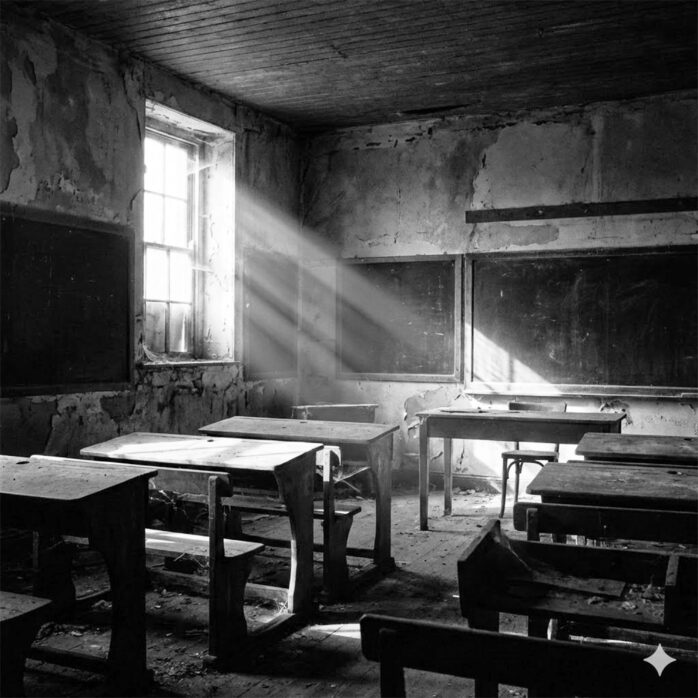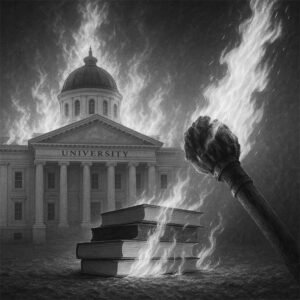Old-fashioned instruction based on the recitation of facts is driving learners to AI tools like ChatGPT.[1] When learning is reduced to scores and “answers,” students naturally seek the most efficient paths to get them This has become especially common in courses relying on grade coercion and threats of failure to drive motivation. Such effects of teacher-centered instruction are particularly harmful to the growing numbers of students working while in school or juggling other responsibilities.

The equity side of this is hardly is incidental at a time when AI competence has become widely recognized as a vital job skill and an key component of civic literacy. Institutions that fear and discourage AI are contributing to growing knowledge gap between those with the intellectual tools to critically assess truth claims and others more likely to accept directives from authoritarian figures.
Not helping matters are latent attitudes that cast suspicion on today’s increasingly diverse population of college students. Amid a rising moral panic within the U.S. academia, recent surveys show an alarming 78 percent of U.S. faculty believing that cheating is on the rise and that AI is to blame. According to Beth McMurtie in the Chronicle of Higher Ed, “Virtually all of those surveyed — 95 percent — fear that students will become over-reliant on these tools. And 83 percent think it will decrease students’ attention spans.” [2] Early in the 2020s a torrent of news reports warned of an “epidemic” of dishonesty in online learning, with some surveys showing over 90 percent educators believing cheating occurred more in distance education than in-person instruction.[3] New technologies often have stoked such fears, in this instance building on the distrust many faculty hold toward students, some of it racially inflected. [4] Closer examination of the issue has revealed that much of the worry came from faculty with little direct knowledge of the digital classroom.

